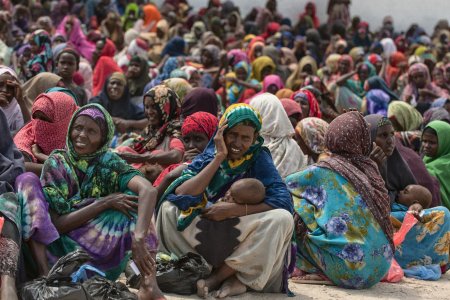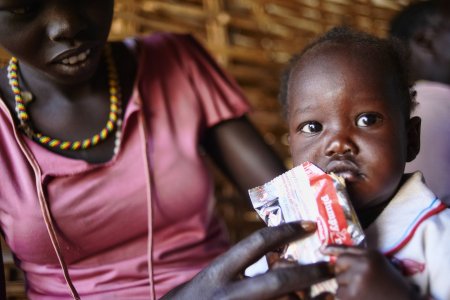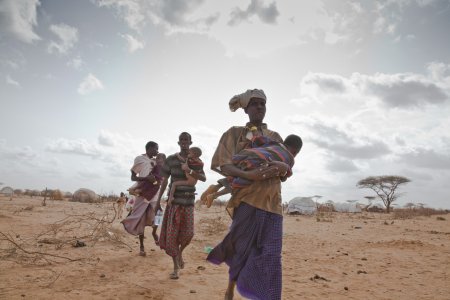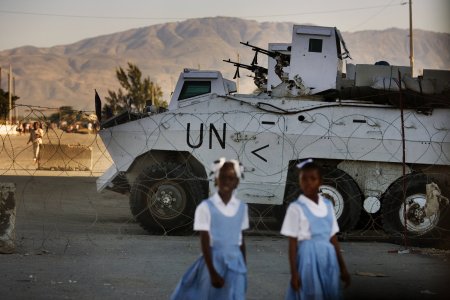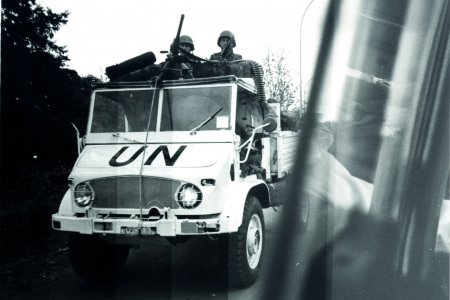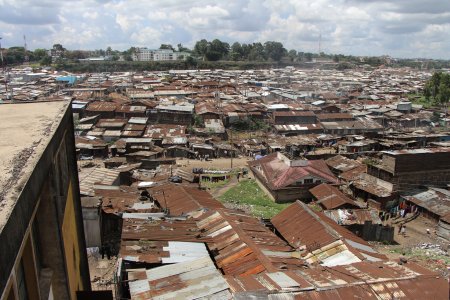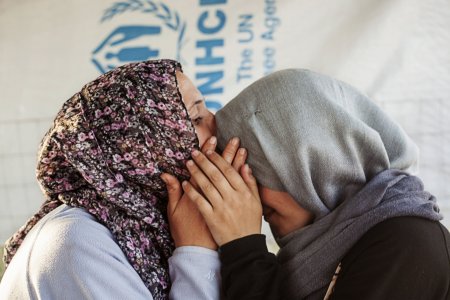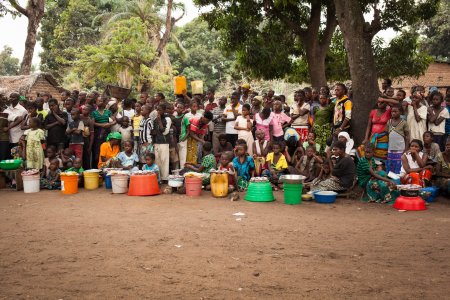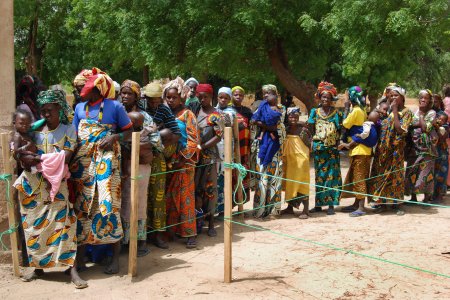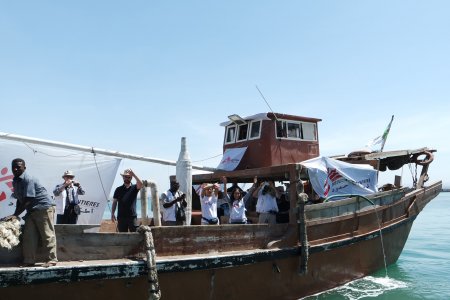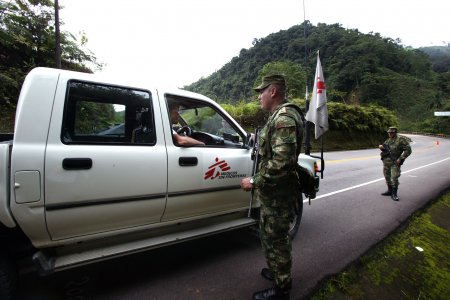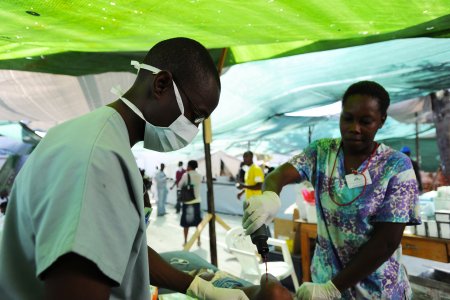OFF THE CUFF is a participative blog run by the Crash. Its purpose is to expose the diversity of experiences and opinions that exist among humanitarian aid practitioners. Online comments as well as direct contributions are more than welcome.
Views expressed on this blog are those of their authors and do not necessarily reflect the official positions of Médecins Sans Frontières
Somalia and the International Status Quo in Refugee Management: When is the right time to say the big F word?
Humanitarian assistance has become entangled with migration and security agendas. Indeed, most humanitarian assistance in Somalia and in refugee camps is subordinated and in support of these two agendas.
If you have to starve to death, better to do it in a war-torn country
For the past several months, news about food shortages and famines affecting large segments of the East African population have been fueling donation appeals from major public and private aid organizations.
When the United Nations cry wolf
The United Nations announces a famine and that 12.4 million people are threatened by drought in the Horn of Africa. Radio and television repeatedly broadcast an appeal for donations to UNICEF, brandishing disturbing figures.
Haïti : on aid and reconstruction
One year after the earthquake in Port-au-Prince, a number of observers and actors are questioning the international aid : reconstruction is at a standstill, homeless people are still facing the same situation and the deadly cholera epidemic reminds us that international aid has not helped to improve the very poor sanitation system.
UN accuses, and congratulates, Rwanda…
The United Nations has again raised the question of the implication of the Rwandan Patriotic Front (RPF) - in power in Rwanda since July 1994 - in crimes committed between 1993 and 2003 in the Democratic Republic of Congo.
Inequality seriously damages health
The main objective of the United Nations Development Millennium Goals - a consensus if ever there was one - is to end poverty.
UN women : because I’m worth it
UN Women was created in July 2010, after intense negotiations between United Nations member states and women's rights organizations. This new structure will take over the mandates of the four UN organizations heretofore devoted to gender issues.
Has liberal universalism run its course?
The debate over humanitarian intervention is keeping the northeastern US's left wing intelligentsia in a continual stir, torn between its opposition to imperialism and its devotion to human rights.
Feeding malnourished children: not so simple!
Using Niger as an example, this text seeks to explore the dilemmas involved in medical responses to child malnutrition when such malnutrition is endemic (strong, permanent presence) and gives rise to seasonal peaks (epidemics) each year.
Gaza Flotilla : humanitarian or political ?
In May 2010, a convoy of six boats loaded with medical equipment, building materials, school supplies and prefabricated shelters, as well as numerous volunteers, headed for Gaza. This "freedom flotilla" aimed to "break the siege of Gaza". It was stormed by an Israeli commando. Nine activists lost their lives. In this article, Rony Brauman questions the terms used to legitimize or disqualify this initiative and the tragedy that followed. Was the flotilla "humanitarian" or "political"? Is there a "humanitarian crisis" in Gaza or not?
NATO and the NGOs: honeymoon over
On March 3, NATO Secretary-General Anders Fogh Rasmussen sent a direct appeal to the humanitarian community. Acknowledging the limits of military force in the stabilization and reconstruction effort in Afghanistan, he wants to create a closer partnership with the NGOs.
International Emergency Aid put to the Test in Haiti
Emotions generated by the brutal and murderous character of a natural disaster are not calmed by the feeling that the victims bear a certain responsibility for the origins of the drama.

